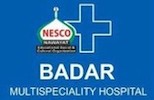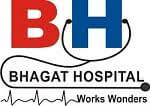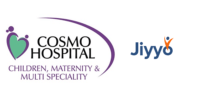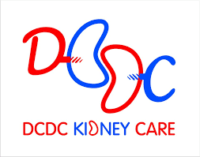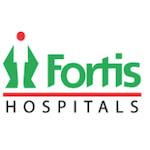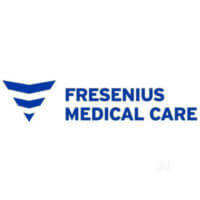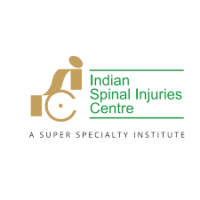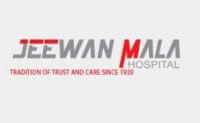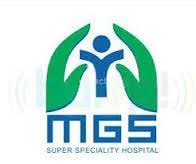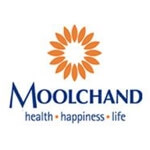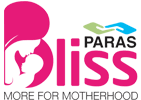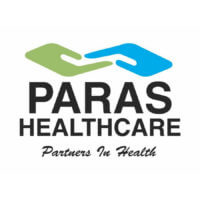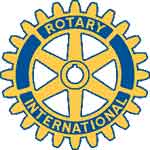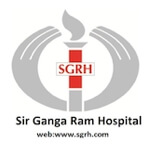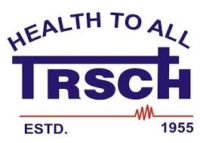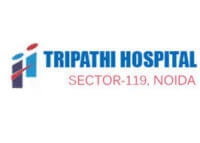CERTIFICATE IN DIET COUNSELLOR (DC), BHUBANESWAR
Become a certified DC in hospitals and home care scenarios with our one of a kind Diet Counsellor course in Bhubaneswar ,Howrah
Admissions open for certification in DC Course in Bhubaneswar ,Howrah!
Our DC Course affiliated with the Healthcare Sector Skill Council (HSSC)
Who is Eligible for DC Course?
Our Diet Counsellor (DC) course is ideal for Class 8th pass students who want to work in hospitals, nursing home settings and provide care to patients.
How does Diet Counsellor course help?
SMART Academy offers certified Diet Counsellor course in Bhubaneswar ,Horwah with a 6-months long HSSC certified curriculum that includes theory and practical DC classes followed by on-job training to enable students to become certified DCs.
Why should you join us?

State-of-the-art Infrastructure
The Tech Mahindra SMART Academy for Healthcare is a state-of-the-art paramedical training institute offering General Duty Assistant course in Mumbai, Delhi, Navi Mumbai, Mohali and Pune. The academy is equipped with hospital simulated labs & equipment to aid student learning.

Expert Faculty
Get taught by highly qualified healthcare professionals along with learning as part of on-job General Assistant training in leading hospitals.

Employability Skills
We focus on guiding students with the required employability skills like English speaking, personality development & IT skills to match the industry demands.

Placement Assistance
Apart from imparting technical training, we provide on-job GDA training/internship. We also provide placement assistance to students for a bright career in the healthcare industry.
Diet Counsellor (DC) Course Details
Diet Counsellor Objective and Curriculum
The Diet Counsellor (DC) course in Bhubaneswar ,Howrah trains students to work as nursing aides in hospitals, nursing homes and home care scenarios. As part of the curriculum, students learn how to provide basic nursing care and manage ill patients. The DC course duration involves 3 months of classroom training followed by 3-months on-going general duty assistant job training. A DC works in close collaboration with doctors, nurses and other healthcare providers. The nursing assistant course lays special emphasis on inculcating empathetic and ethical behaviour beyond patient care. Some of the key responsibilities of the Diet Counsellor are to provide daily care, look after the patient’s comfort, safety and health needs.
The Diet Counsellor (DC) course curriculum covers the following topics:
2.Nutrition health education. Basic food science-
- Carbohydrate
- Protein
- Lipid
- Vitamins
- Minerals
- RDA
- Pregnancy
- Lactation
- Pre school
- Adolescence
- Geriatric
- Circulatory & Cardiovascular System
- Digestive system
- Respiratory System
- Blood
- Excretory System
- Reproductive system
- Endocrinology
- Carbohydrate metabolism
- Protein Metabolism
- Fat metabolism
- Bacteria: These single-celled organisms are crucial in fermentation processes (e.g., yogurt, cheese) and can also cause foodborne illnesses (e.g., Salmonella, E. coli).
- Yeasts: These fungi are used in baking and brewing, such as in bread and beer. They can also spoil food.
- Molds: Molds can be beneficial (e.g., blue cheese) or harmful (e.g., producing toxins). They play a role in the aging and fermentation of some foods.
- Viruses: Some viruses can contaminate food and cause illnesses, such as Norovirus and Hepatitis A.
- Pathogenic Bacteria: Include Salmonella, Listeria, and Campylobacter. These bacteria can cause serious foodborne illnesses.
- Viruses: Norovirus and Hepatitis A are common examples. Parasites: Such as Toxoplasma and Trichinella, can also be transmitted through food.
- Microbial Spoilage: Caused by bacteria, yeasts, and molds that lead to undesirable changes in flavor, texture, and appearance.
- Chemical Spoilage: Includes oxidation and enzymatic reactions that affect food quality.
- Heat Treatment: Pasteurization and sterilization kill or inactivate microorganisms. Refrigeration and Freezing: Slow down or halt microbial growth. Drying and Dehydration: Reduce moisture, inhibiting microbial growth.
- Chemical Preservatives: Such as acids, salts, and nitrates, prevent spoilage and pathogenic growth.
- Lactic Acid Fermentation: Used in products like sauerkraut, kimchi, and yogurt. Lactobacillus bacteria are commonly involved.
- Alcoholic Fermentation: Used in beer and wine production. Yeasts like Saccharomyces cerevisiae are involved.
- Sanitation: Proper cleaning and sanitation of food preparation areas to prevent contamination.
- Hygiene: Handwashing and personal hygiene to avoid introducing pathogens to food.
- Proper Cooking: Ensuring foods reach safe temperatures to kill harmful microorganisms.
- Food and its importance
- Caring for the visually impaired
- Basic nursing skills
- Disposal of medical waste
- Understanding body mechanics
- Fall prevention care and restraints
- General health & hygiene
- Special skin care for radiotherapy and pressure sores
- Role of a patient care assistant
- Administering drugs as per prescriptions
- Daily care of a patient
- Patient handling, lifting, and transferring
- Emergency first aid and CPR
Speak to our counsellor
*By submitting this form, I hereby provide explicit consent to Tech Mahindra SMART Academy to contact me and utilize my personal information for educational purposes
See what our students have to say
Why have I chosen the General Duty Assistant course?



GDA Course - Training & Placement Partners













